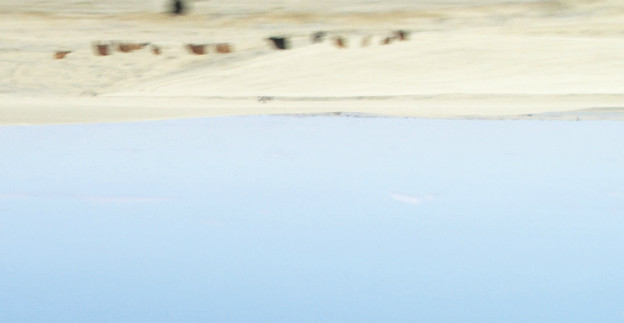Want to get to know more of our editors? Come to our open meeting on March 24th, where you can introduce your rad self to us in person, talk about how to get involved with the collective, and work with us to brainstorm article ideas! In the meantime, check out our other fabulous editor bios here.
It has taken me a long time to get to a place where I could be part of The Talon and other campus organizing spaces – where I could try to be accountable to and care about a group of radical, beautiful people doing anti-oppressive work.
At the same time, so much of this work has taken place in a very short amount of time. I think it might be useful for folks to know: a little over a year and a half ago, I didn’t know what (anti) oppression meant. Likewise, around three years ago I wasn’t identifying as queer. About two years ago, I didn’t know what it meant to be a settler. This past year, I have begun to identify as fat.
Since hearing “anti-oppression” for the first time, I have begun thinking through anti-oppressive lens, and seeing its importance in my daily life and relationships. I owe these growing understandings to many of the professors in the First Nations Studies Program (FNSP) that Matt introduced to Talon readers to in his bio, rad folks and friends involved in the Pride Collective and Colour Connected Against Racism, #prairiequeers I met last summer via CommunityWise, and many other critical voices I have encountered online and in-person.
I joined FNSP as a double-major with political science halfway through my third year of studies, after approaching Dr. Glen Coulthard for more information about the program. He is doing work in both departments and taught the first FNSP course I took (FNSP 210: Indigenous politics and self-determination). Specifically, I asked about the FNSP research practicum, as I was enrolled at the time in the political science honours program. In retrospect, our brief conversation was one of my first introductions to the importance of how we do our work – as activists, academics, or otherwise. Since then, I have continued to learn a lot about the difference doing research for communities rather than on communities; it matters how we learn here and what we do with that knowledge. It’s important to be reflexive about the discourses we employ in our various disciplines of study. Why are academic disciplines so segregated and insular?1 What does it mean to be a guest of the xʷməθkʷəy̓əm (Musqueam) Nation, studying on their traditional, ancestral, and unceded homelands – to “know the land beneath our feet”?
I centre my newness to anti-o work in this introduction because the critical work done in academic spaces can often be or seem daunting or inaccessible. It doesn’t have to be, and I hope The Talon can be – among other things – an entry point to critical perspectives on a multitude of subjects for you, as it is has been and continues to be for me.
[1] “While disciplines are implicated in each other, particularly in their shared philosophical foundations, they are also insulated from each other through the maintenance of . . . disciplinary boundaries. […] Insularity protects a discipline from the ‘outside,’ enabling communities of scholars to distance themselves from others and, in the more extreme forms, to absolve themselves of responsibility for what occurs in other branches of their discipline […]” Smith, Linda Tuhiwai. Decolonizing Methodologies: Research and Indigenous Peoples. 2nd ed. New York: Zed Books. 2012. 70-71.
Sarah would like to thank the many Talon editors who provided edits and suggestions on this piece, and pushed her to finish it. Especially: Kay, Jane, Matt, Evelyn, and Alex. Your encouragement and #talondarity is much appreciated.




